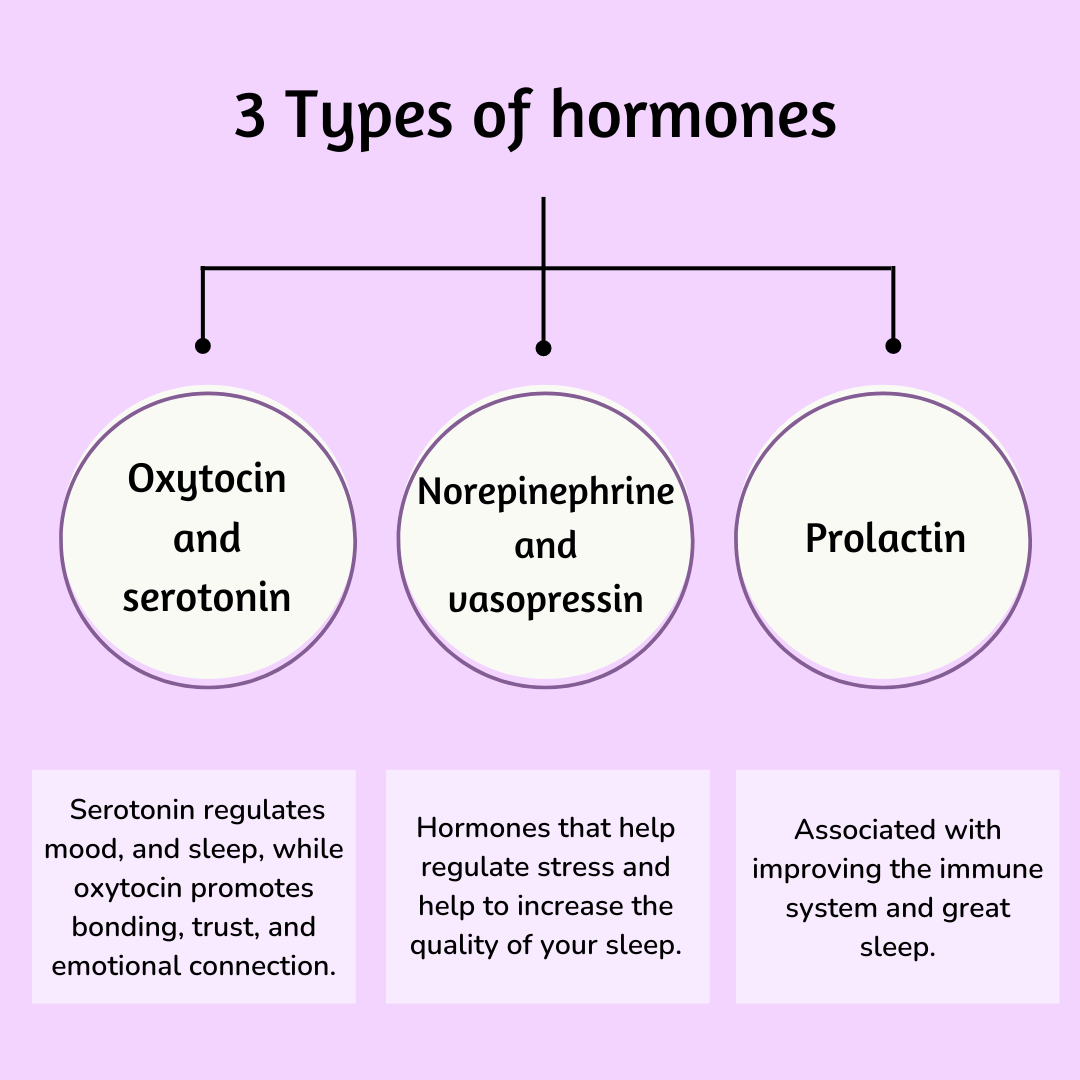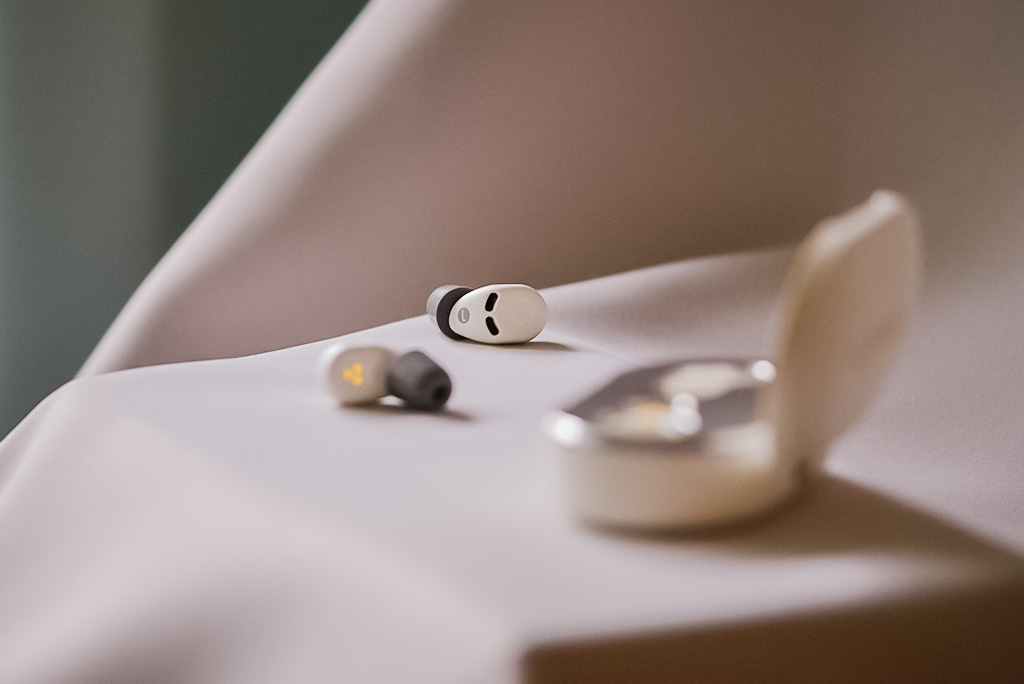Your cart is currently empty!
Sleeping Side by Side: Navigating the Art of Sharing a Bed with Your Partner
Sharing a bed with a partner brings unexpected health advantages, yet it can also pose challenges to relationships. With the support of science, we would like to introduce the benefits of sharing a bed with your partner and provide some tips and tricks to make to enhance the comfort and harmony of shared sleep experiences.

The benefits of sleeping next to your partner
Sharing a bed with your partner offers a multitude of benefits. For example, many feel that sharing a bed with your loved one enhances intimacy and bonding. In addition, studies indicate that sleeping alongside a partner is associated with extended sleep duration, enhanced sleep efficiency, and overall improved sleep quality.

According to scientific research, sleeping next to your partner triggers the release of various hormones in your body, contributing to numerous positive outcomes. From stress regulation to improving your immune system, sharing a bed with your partner facilitates the release of these hormones, enhancing your overall well-being.
Furthermore, sleeping next to your loved one is recognized for its positive impact on stress reduction and emotional support. The physical presence of a partner provides reassurance and emotional stability, easing concerns and fostering relaxation. Moreover, studies suggest that it can promote feelings of intimacy and bonding, and even lower levels of cortisol, the stress hormone, leading to reduced anxiety and better mental health outcomes. Overall, sharing a bed with your partner offers multifaceted benefits for both your physical and emotional health.
However, sharing a bed can present challenges for some couples. Sharing a bed with a partner may lead to additional sleep disturbances and disruptions, such as snoring or restless movements. Additionally, differences in sleep preferences and habits between partners can potentially cause issues. Physical discomfort and space limitations are common sources of problems when sharing a bed with another person.
Fear not, for throughout history, humans have shared their beds with their partners, and in modern times, a wealth of strategies exists to master it. Central to all these approaches is the establishment of clear boundaries and open communication with your partner. Take a look at the most common strategies below.
Ultimately, the correlation between sleeping with a partner and sleep quality is subjective. Couples may need to communicate, compromise, and, if necessary, explore solutions like separate sleeping arrangements or addressing specific sleep issues to ensure a good night’s rest for both partners.
In the spirit of the Valentine’s Day, this year QuietOn is offering you a 14% discount on the purchase of our award winning QuietOn 3.1 earbuds. Now that’s an offer anyone can cozy up to!
To claim your 14% discount, please use the coupon code MYVALENTINE.
This campaign expires on 15.2.2024, so act quickly!





